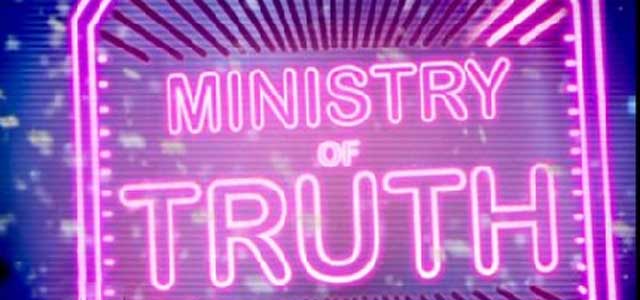This series is a month-by-month recap of censorship instructions issued to the media by government authorities in 2017, and then leaked and distributed online. The names of issuing bodies have been omitted to protect sources.
The start of Donald Trump’s term as U.S. President was a focal point of directives obtained by CDT in January, amid uncertainty over whether the new leader would follow through with his hardline campaign rhetoric and boat-rocking communication with Taiwanese president Tsai Ing-wen. One instruction, issued on the 13th, included a broad order to follow official media in covering the U.S. and Sino-American relations, adding that “any news about Trump must be handled carefully; unauthorized criticism of Trump’s words or actions is not allowed.” The former point was reiterated in a subsequent directive on Trump’s inauguration on the 19th, which banned independent reporting on the event, and even forbade changes to headlines on republished content from “authoritative media.” Sites were barred from covering the inauguration in real time on their social media accounts, and ordered to downplay the story on their front pages. “Do not exaggerate or hype; manage negative and harmful expression of opinion,” the directive concluded. “Any violating websites and the responsible network and information departments will be seriously held accountable.”
China’s domestic pageantry also received official protection from online attack, with “strict control measures” ordered for CCTV’s annual Spring Festival Gala. 2016’s broadcast was mocked for its heavily political tone. Apparently anticipating more of the same, authorities ordered sites not to “publish vile expressions of opinion, such as comments ridiculing the gala. Do not employ aggregation style, or gather provocative attacks or negative information following the gala, etc; permanently close any accounts found to be responsible for these.”
Two other directives showed the continuing political sensitivity of air pollution and authorities’ handling of it. One directive barred reporting on a lawsuit against “the governments of Beijing, Tianjin, and Hebei Province for not fulfilling their pollution management responsibilities”, and forbade commentary on Beijing municipal authorities’ prospective definition of smog as a meteorological disaster. Later in the month, plans to centralize smog alerts to avoid conflicting advice from different local bodies sparked suspicion that improved official transparency over air quality data might be rolled back. A second directive demanded that “with no exception, the headline “Local Meteorological Bureaus Nationwide are Requested to Halt Smog Forecasting and Warning Work,” must be modified. Related content is not to be hyped.”
A pair of directives related to corruption investigations bookended the month. The first forbade online comments and independent follow-up reporting on a municipal official in Sichuan who shot his city’s mayor and Party secretary before killing himself. The shooter had reportedly told friends that the two victims, both of whom survived, had been “ratting on him.” At the end of the month, the second directive ordered “all websites, including Wechat and Weibo accounts, media apps, and affiliated self-media, [to] please immediately find and delete information on the “Tomorrow Group” and Xiao Jianhua.” Xiao, a real estate tycoon with a team of female bodyguards, a bouquet of passports, and extensive business ties to Chinese elites, was reportedly taken from his home at Hong Kong’s Four Seasons hotel by agents from the mainland. In a pair of posts to his company’s Wechat account, Xiao purportedly denied that he had been detained, claiming that he was undergoing medical treatment abroad, and adding that he had “always loved the Party and country.” The posts were later deleted, and Xiao’s silent convalescence continues.









